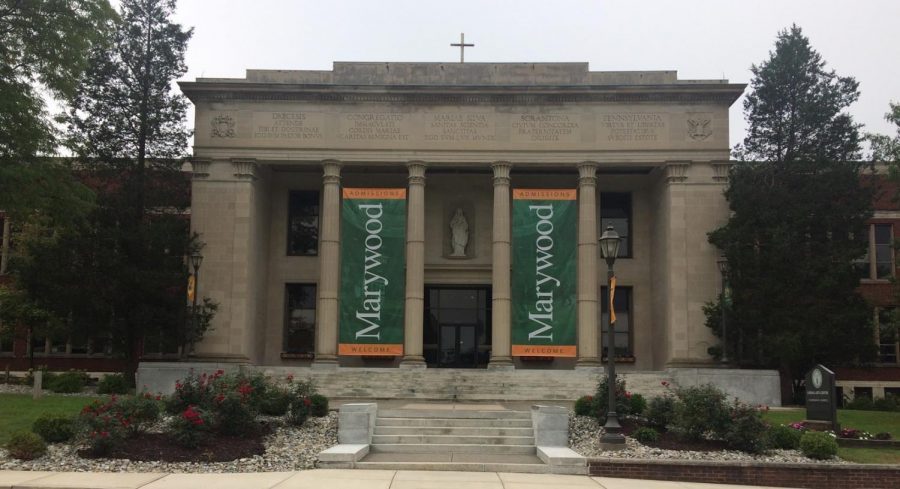Course evaluations for fall 2019 show 50% return rate
Christianson said she does not foresee the university going in the direction of withholding a student’s grades until their course evaluations are completed has been suggested. Photo credit: Briana Ryan
January 27, 2020
Since the Office of Academic Affairs changed the course evaluation process in fall 2017 there has been a decline in student participation.
The latest course evaluation numbers for fall 2019 show a return rate of 50%, which is a slight improvement over spring 2019’s return rate of 46%. According to Assistant Provost Leslie Christianson, since the launch of the new process the highest return rate was 54%, which occurred after the fall 2018 semester.
“It definitely hasn’t been the smoothest transition,” said Christianson. “It’s so disappointing for us because it’s very important that we get that feedback.”
Christianson said this past semester the Office of Academic Affairs and the Office of Information Technology (OIT) instituted several ideas to help promote student participation.
“We asked IT to create a report for the faculty so they could monitor how many evaluations were being completed in each class,” said Christianson. “They also included a link to the evals directly on the university’s home page to make the them more accessible.”
Academic Affairs also posted flyers, sent out E2Campus text reminders and encouraged faculty to give students time to finish it during class.
“It did not move the needle that much in terms of the percentage,” said Christianson. “We can’t pinpoint exactly what the issue is, so it has definitely been a struggle.”
Sophomore Speech-Language Pathology Major Carly Arnold said she believes student involvement may be low because of the format of the evaluations.
“I feel like a lot of students don’t do the survey because it’s a digital copy and the freedom of doing it on your own makes it easier to ignore or forget,” said Arnold. “Maybe if it was an actual paper copy more people would do it.”
Sophomore Theater Major Jarod Engle said he thinks the issue has more to do with how students feel about specific professors and courses.
“I think for students when you’re doing the survey for a professor you like it can get really repetitive,” said Engle. “When you have a teacher whose class you didn’t really like you tend to put more effort into it because you want to tell the professor and university what’s going on.”
Christianson said Academic Affairs and OIT are now discussing the possibility of ending the homegrown system created by OIT in favor of installing a software.
“Right now, with the evals we have to download a report and send it to the Deans’ secretaries and then the reports are distributed to the faculty,” said Christianson. “If we got a software the faculty would be able to directly access their reports.”
Christianson said the software would also send out regular reminders to students to complete their evaluations and help reduce the burden off OIT’s management of the system.
According to Christianson, the idea of withholding a student’s grades until their course evaluations are completed has been suggested; however, she does not foresee that happening at Marywood.
“We just don’t want that to be the spirit behind the process of making it this punitive thing,” said Christianson. “I personally would not want to go in that direction at all.”
Christianson said Academic Affairs will continue to look for ways to better explain the importance of course evaluations by making the process more incentive driven.
Contact the writer: [email protected]
Twitter: @BrianaRyanTWW





